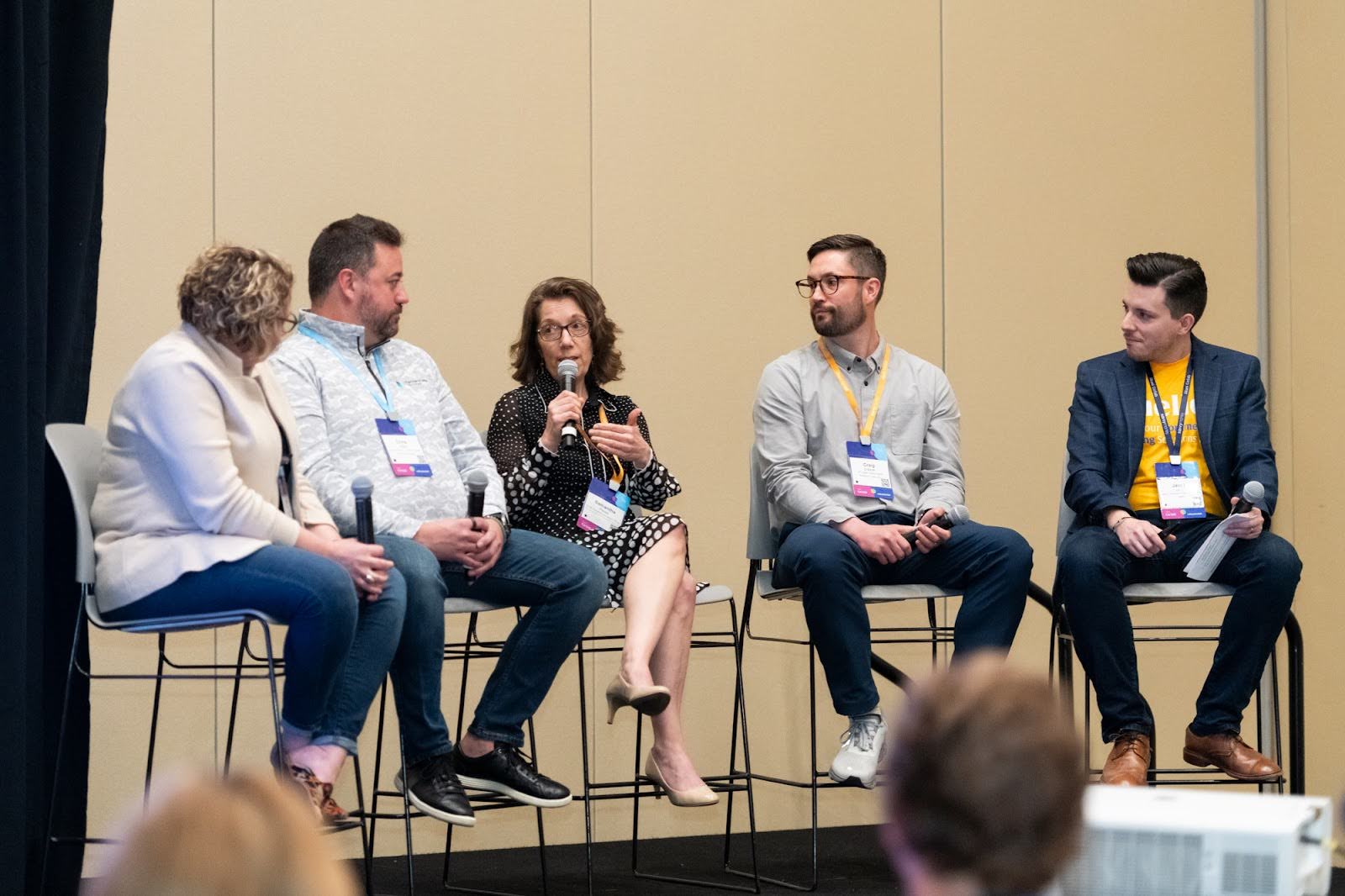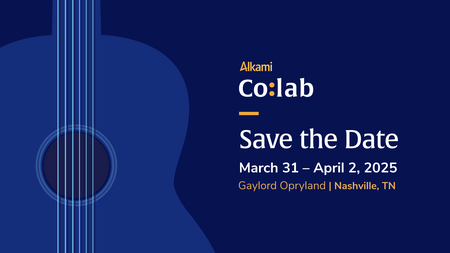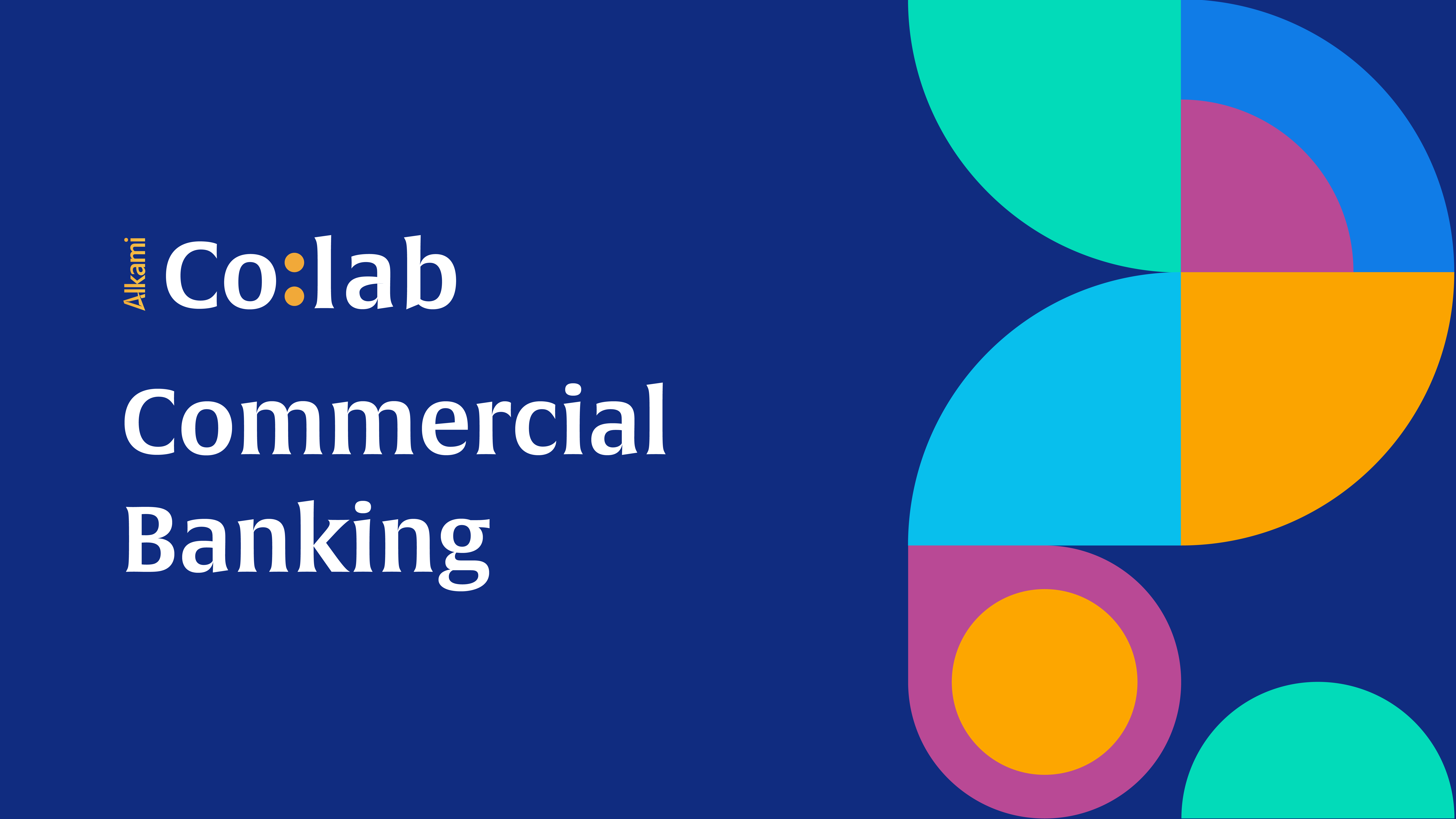Over the last couple of days, our breakout presenters engaged in a range of conversations – from launching a commercial banking payments program, gearing up for a successful commercial banking conversion, to the best practices for onboarding business users and driving revenue with data. We also explored the crucial role of check and ACH positive pay in protecting business accounts from fraud.
Each session, packed with deep dives into essential topics like compliance, operational efficiency, user experience, and digital banking adoption, offered a roadmap for financial institutions looking to enhance their services and relationships with business clients.
Join us as we unpack these sessions, providing you with key takeaways that can transform the way your institution approaches commercial banking in an ever-evolving financial landscape.
The session featured commercial banking experts Deanna Blaise, senior vice president, member business services at Valley Strong Credit Union, Randy Wilborn, vice president and senior product manager at Regions Bank, Matt Singleton, vice president of payment and business solutions at STAR Financial Bank and Ryan Waterman, senior product manager at Alkami.
The panelists focused on guiding financial institutions through the process of becoming an Originating Depository Financial Institution (ODFI) and ensuring compliance with Nacha Operating Rules, Office of the Comptroller of the Currency (OCC), and Federal Financial Institutions Examination Council (FFIEC) requirements.
Key distinctions between business and consumer automated clearing house (ACH) origination were discussed, including the specific uses, benefits, and regulatory considerations involved.
Our panelists offered deep dives into the critical steps for establishing, supporting, maintaining, and growing a business ACH origination program including:
The discussion also covered risk mitigation strategies, the importance of annual reviews for business relationships, and operational impacts. Additionally, strategies for selling the service to businesses by understanding their needs, targeting the right types of businesses, and positioning it as a revenue-generating service rather than a cost center were explored. The session concluded with insights into maintaining and scaling the originator base, expanding feature offerings, and the significance of ongoing staffing and reporting requirements to ensure the program’s success.
In this focused session, experts shared their diverse experiences and strategies for launching commercial banking implementations, specifically addressing the pros and cons of the “big bang” versus phased rollout approaches.
Chris Miller, senior director at Cornerstone Advisors, highlighted the considerations financial institutions should weigh between these two strategies, emphasizing the importance of understanding each method’s impact on operations and customer or member experience.

Samantha Pause, chief innovation & brand officer at Mascoma Bank, provided insights from their recent launch on the Alkami online banking platform, showcasing the effectiveness of a tailored, white-glove approach combined with strategic communication and phased rollouts, significantly benefiting the institution and its commercial clients.
The session also touched upon the critical aspects of requirements gathering, the value of involving commercial clients early in the project, the necessity of educational initiatives, and the advantages of continuous support post-launch.
Craig Draayer, vice president of digital transformation at Elevations Credit Union, suggested deferring projects that might confuse commercial users close to launch, underscoring the need for clear focus during this crucial period. The session concluded with practical takeaways for banks and credit unions planning commercial rollouts.
In this engaging breakout session, David Stone, solution engineer at Alkami, alongside Peter Andon, senior solution engineer at Alkami, and Christine Barry, head of banking and payments insights and advisory at Datos Insights delved into best practices for onboarding and attracting business users in the commercial banking sector.
David introduced the session, setting the stage for a deep dive into the nuances of digital account opening and onboarding strategies, leveraging the expertise and experiences from both Alkami and the broader industry.
Peter shared insights from his extensive background in commercial banking and solution consulting, emphasizing the significance of user experience and streamlined processes.
Christine contributed valuable industry data and trends, highlighting the critical role of digital account opening as a differentiator for financial institutions. She pointed out the growing expectations for a modern, intuitive user interface and the need for personalization, noting how fintechs are raising the bar in these areas.
The discussion also covered the impact of poor onboarding experiences, which can lead to significant business application drop-offs and lost opportunities.
The session underscored the importance of leveraging analytics for personalized service offerings and demonstrated how effective digital onboarding strategies can attract and retain business, especially in competing with larger financial institutions and fintech companies.
In a compelling session led by Molly Croft, manager of solution engineering at Alkami, and Mark Leher, director, product management at Alkami, the crucial role of data in transforming customer and member relationships within financial institutions was underscored.
Molly highlighted how businesses are not only willing but expect to pay for tools and services that boost their efficiency, convenience, and time management. The challenge, however, lies in pinpointing which clients are primed for these enhancements.
Mark shared how utilizing data effectively allows institutions to proactively identify opportunities for expansion—be it spotting fund movements to competitors, fee payments to fintechs, or distinguishing businesses operating out of consumer accounts. With this knowledge, institutions can drive tool and service adoption more effectively.
Molly stressed the importance of automation in managing the billing for these services efficiently, ensuring that the pursuit of non-interest income (NII) does not lead to disproportionate back-office expenses.
Through strategic use of commercial banking solutions, institutions can streamline billing processes, leveraging automated updates and native billing solutions to optimize NII generation without overburdening their operational resources.
During a focused breakout session, industry professionals Todd Lindsey, vice president, manager of treasury services at Heartland Bank and Trust Company, Michele Willard, senior vice president, director of cash management at Minnwest Bank, and Tammy Comeaux, senior vice president, manager of treasury product management at Hancock Whitney Bank, explored the intricacies of treasury management’s organizational structure and check and ACH positive pay’s crucial role in fraud prevention.
The dialogue covered the strategic implementation and client training for positive pay, the significance of customizing fraud prevention services based on business size, and the value of education on safeguarding business accounts.
Additionally, discussions on reverse positive pay, effective marketing strategies, real-life success stories, and pricing models highlighted the multifaceted approach banks and credit unions are adopting to enhance security and support for their clients, underlining Positive Pay’s essential role in modern banking.
Want to be a part of the co:laboration? Save the date for Alkami Co:lab 2025. We’re headed to Nashville, y’all!

Continue exploring all things Alkami Co:lab 2024! Read more.
